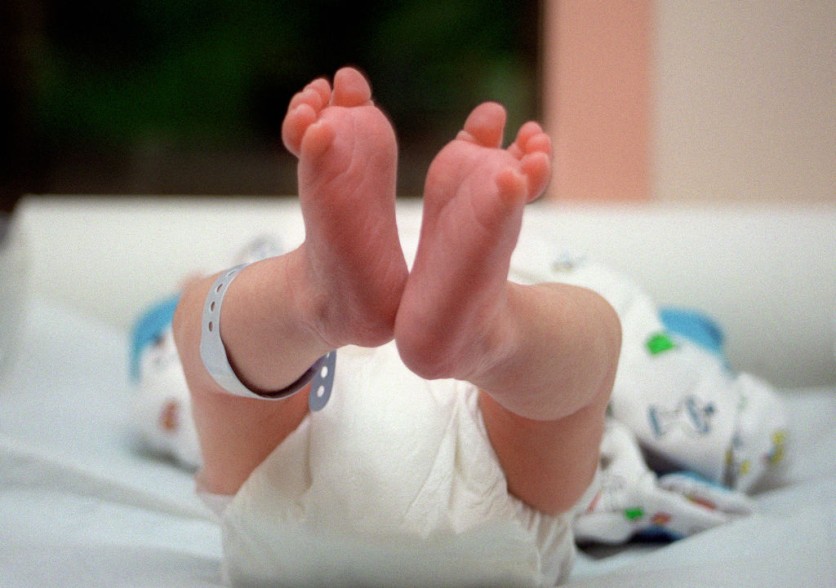The US Food and Drug Administration (FDA) will bring independent advisors together to assess clinical trials involving artificial womb technology. The primary goal is to explore how this innovation can improve the survival and well-being of extremely premature infants.

Incorporating Artificial Womb Technology
The FDA has scheduled a pivotal two-day meeting of independent advisors from September 19 to 20. According to Interesting Engineering, a panel of independent advisors will convene to delve into the viability of conducting clinical trials incorporating artificial womb technology.
The central focus is to examine how this innovative technology could positively impact extremely premature infants' survival rates and overall well-being.
During this gathering, regulators and experts are poised to explore ethical considerations in depth, all while conducting a thorough assessment of critical elements. With the swift progress in medical research and technology, artificial womb technology is poised as the next groundbreaking frontier.
This emerging medical innovation seeks to create a controlled environment outside the natural womb for the development and nurturing of extremely premature newborns.
The focus of artificial womb technology is primarily on infants born at gestational ages below 28 weeks, a group that faces elevated risks of mortality and health complications.
The Children's Hospital of Philadelphia (CHOP) has been actively pursuing FDA approval to initiate the inaugural human clinical trials for a groundbreaking artificial womb system known as the Extra-uterine Environment for Newborn Development or EXTEND.
Japan Times reported that CHOP's research team achieved a significant milestone in 2017 by demonstrating the viability of an artificial womb, referred to as the "Biobag," in supporting the development of premature lambs.
The Biobag replicated the natural amniotic fluid environment surrounding a fetus in the womb, and essential elements such as a continuous oxygen supply were delivered directly into the fetal bloodstream through a specialized device connected to the umbilical cord.
The study's results revealed that the lamb continued to develop and thrive inside the Biobag for up to four weeks after being transferred from its natural womb. This developmental stage was similar to the human equivalent of 23-24 weeks into a pregnancy.
Addressing Concerns
Nature reported that this encompassing examination will address ethical concerns and delve into potential procedural approaches and the overall framework for executing human trials involving this groundbreaking technology.
Typically, a fertilized egg takes around nine months to develop into an approximately seven-pound infant. Nonetheless, complications can arise during this journey into new life, posing potential risks to the mother's and developing fetus' health and welfare.
Infections, hormonal imbalances, hypertension, and diabetes can create an unfavorable environment within the womb for the developing fetus. As a consequence, premature births can occur significantly earlier than the usual 40-week term associated with a healthy pregnancy.
The current standard of care involves the utilization of incubators, which provide a controlled environment for premature infants until their bodies mature sufficiently to thrive outside the neonatal intensive care unit (NICU) within the hospital premises.
Related Article : Scientists Develop Human Embryo-Like Model, Mimicking Aspects of 2nd Week Human Development

ⓒ 2025 TECHTIMES.com All rights reserved. Do not reproduce without permission.




